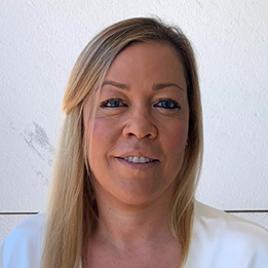Objectives and competences
Deepen understanding of integral calculus in IR and differential equations. Acquire basic concepts about series, and acquire knowledge of multivariable functions and differential calculus in IRn.
Foster the application of concepts in engineering science.
Students must attain the following competencies:
- Solve exercises on integral calculation in IR (trigonometric functions, rational functions, rationalizing substitutions, improper integrals)
- Solve differential equations (linear first order differential equations, reduction of nth order differential equations to first order ones, higher order linear homogeneous and nonhomogeneous with constant coefficients)
- Apply acquired knowledge about series
- Calculate multivariable function domains, limits and continuity
- Apply derivation rules with multivariable functions, covering the concepts of total differentials and linear approximation of functions
Teaching Methodologies
The course is structured in theoretical (30 h) and theoretical-practical (42 h) classes. In the theoretical classes, the theoretical contents are presented, with examples of resolution and application. In the theoretical-practical classes, the students solve autonomously, and with the teacher's support, exercises that are compiled in worksheets and that cover the whole contents, to consolidate and apply the acquired knowledge. Every week, the students have access to the plan of the proposed exercises for the theoretical-practical classes.
Syllabus
1) Complements on integral evaluation in IR: trigonometric integrals, trigonometric substitutions, integrating rational functions by partial fractions, improper integrals.
2) Complements on differential equations: first order differential equations (separable equations, linear equations, Bernoulli equations), nth order differential equations (reduction to first order equations, higher-order homogeneous equations with constant coefficients, non-homogeneous equations with constant coefficients).
3) Basic concepts on series: infinite series, convergence tests, Taylor and MacLaurin polynomials and series, differentiating and integrating power series, and applications.
4) Functions of two or more variables: domain, limits and continuity, partial derivatives in lRn (higher-order partial derivatives, derivatives of composite functions, total differential, local linear approximations).





